Air Canada (AC, Montréal Trudeau) hopes to gradually resume flight operations starting on the evening of August 19, following three days of a network-wide grounding, after the Canada Industrial Relations Board (CIRB) has ruled the ongoing cabin crew strike that grounded the airline unlawful and has ordered the leadership of the Canadian Union of Public Employees (CUPE) to direct its members to return to work.
The carrier's cabin crew went on strike on August 16, urging for a pay raise that reflected “the important safety role they play” and matches or exceeds competitor airline pay. A day later, they defied CIRB’s direction to return to work, extending the strike and the consequent grounding for at least another two days.
The carrier estimates that about 500,000 passengers were affected by cancellations during the weekend. As a result of the disruption, the company suspended its operating results guidance for the third quarter and full year 2025.
The collective bargaining agreement (CBA) between both parties expired on March 31, 2025. CIRB further ordered that the term of the CBA be extended to include the period beginning on April 1 and ending on the day on which a new agreement comes into effect.
The union said the government betrayed the workers’ rights by siding with Air Canada to “crush” the ongoing strike. It added that unresolved issues will continue to worsen if they are kicked down the road.
“The government’s decision to intervene on behalf of an already wildly profitable employer, while a predominantly female workforce fights tooth and nail for a path out of poverty, is not just unjust, it’s a disgraceful misuse of power," said CUPE national secretary-treasurer Candace Rennick. The airline posted a CAD418 million Canadian dollar (USD302.7 million) operating profit for the first half of 2025 and had a 7.4% operating margin.
Air Canada Express flights operated by Air Canada Jazz or PAL Airlines (Canada) continue to operate as normal.
Air Canada and subsidiary Air Canada rouge operate a fleet of 256 aircraft.
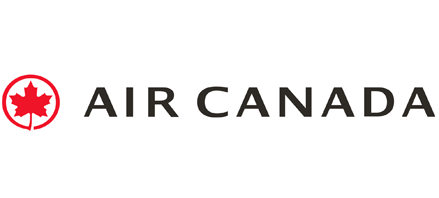
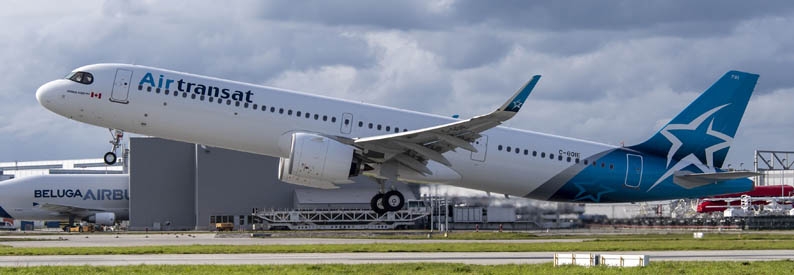
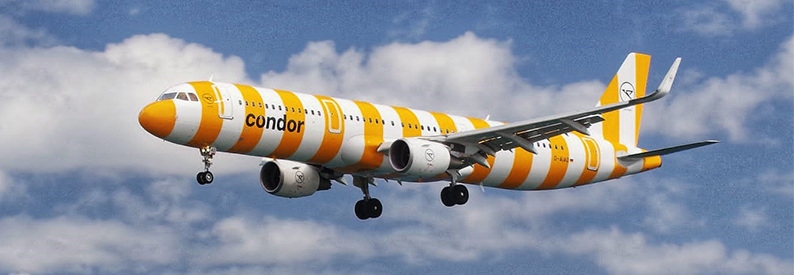
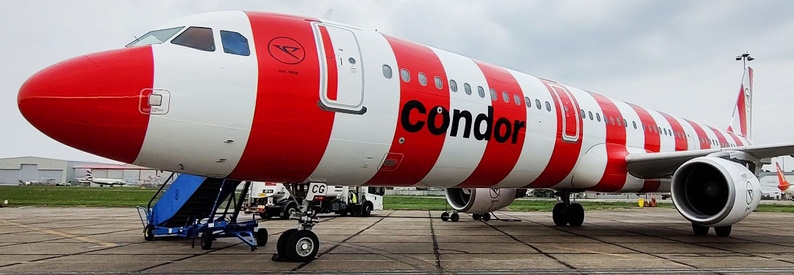
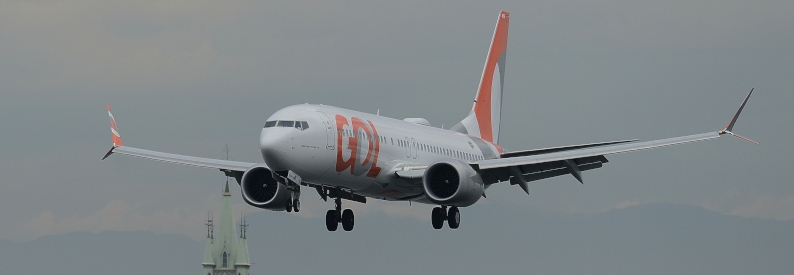
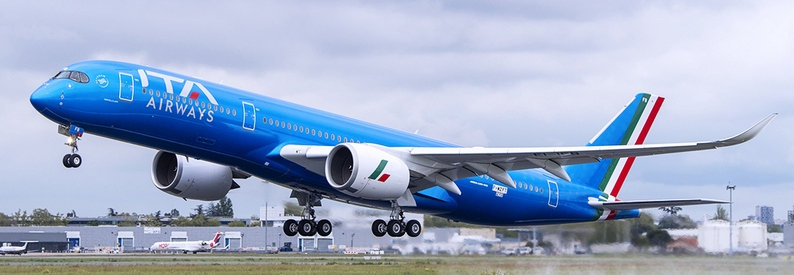
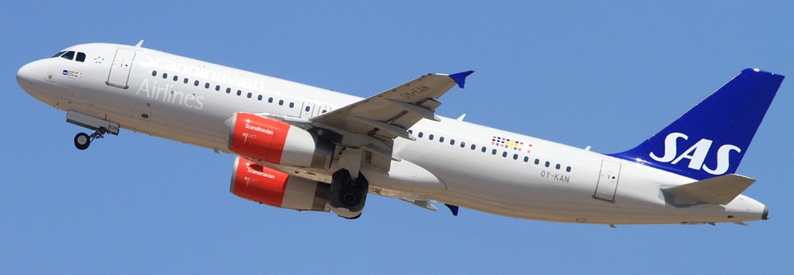
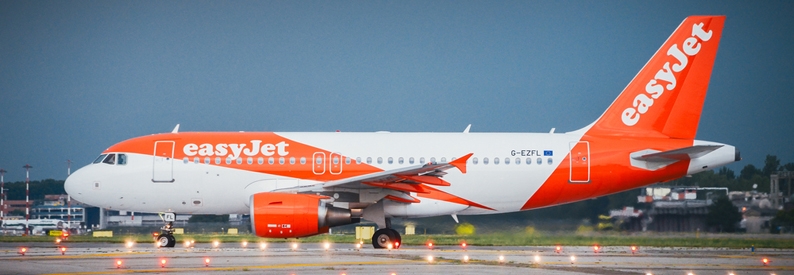
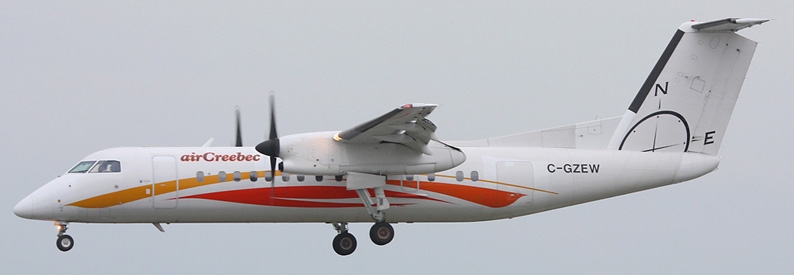
Editorial Comment: The article has been updated to reflect the extension of the grounding through at least August 19. - 18Aug2025 - 20:16 UTC